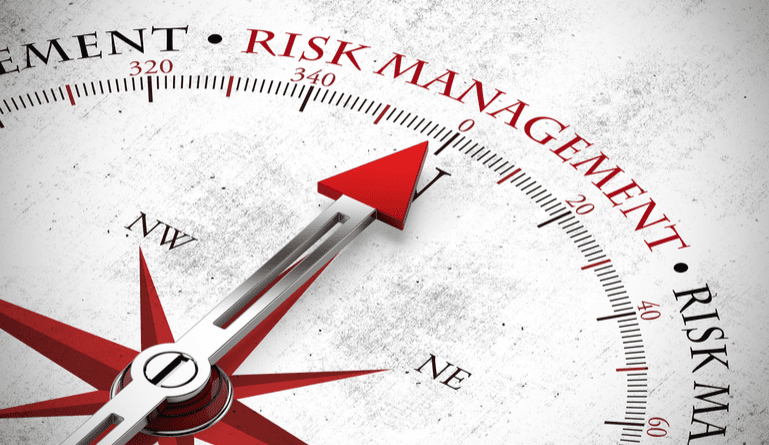Risk can refer to anything that poses a risk to a business – from natural disasters to labor strikes to employee theft and customer injury. A solid risk management plan will account for all areas of business and provide a plan for everything from fires and tornadoes to problems with production to downed data servers. In fact, some businesses take understanding and preventing risk so seriously, they have whole teams dedicated to risk assessment and planning.
Risk management helps companies both prevent disasters or help to plan for the mitigation and treatment of any potential problems. The impact of a good risk management plan on your business is huge – without it, you could end up with an exposed customer and business data, lost business, theft, injured employees, and even legal liabilities.
One of the biggest threats to businesses right now is data loss, whether it be a crashed server, unauthorized access, or hacking that leads to data leaks. Competition between businesses is at an all-time high and protecting customer trust as well as proprietary information are some of the key essentials to maintaining an edge in an industry. Losing data means risking those things. That’s why it’s more important than ever to have a risk management plan.
Enterprise Risk Management Tools
In today’s data-driven age, having the right tools to protect your data is key. The best enterprise risk management programs will not only help you understand where your risk factors are but will also help you carefully plan for how to prevent a crisis, as well as help you reduce risk and recover if there is ever a problem. Here are some options to consider in your risk analysis and planning process.
- LogicManager: This tool starts by using its vast data resources to identify the risks that might be relevant to your business or industry. You can then assess the specific risks to your organization based on a pre-built template. You can also build resources and procedures to help prevent and manage any issues. The tool also includes built-in monitoring to add security and control, allowing you to act fast in the event of an emergency.
- Essential ERM: If you need a tool that helps capture data and potential risk factors from different business units, this is a strong tool. It helps you prioritize potential risks, get relevant data from around the company, and once your plan is in place, you can easily automate it and receive alerts if there’s an issue.
- Intelligence Bank GRC: This software claims to help track and manage risks in the areas of health and safety, audits, policies, contracts, and more. It’s a favorite tool of risk management specialists because of its ability to place many different risk categories in one place.
- Veracode: Veracode works to create stronger web and mobile applications that make it harder for anyone to steal user or company data. They also offer security consulting services to help businesses walk through their potential risks and set up the security solution that will work to best protect their data and their business.
Other tools, such as ERA Risk Management and AuditBoard, are good for assessing compliance in areas of financial fraud, and health and wellness, which is perfect for businesses and industries which have to follow strict compliance guidelines. Finding the right tool for you will depend on your business type, risk type, and what your risk management plan is meant to handle.
Another thing to note when it comes to assessing your company risk and working on a management plan is to involve your employees as much as possible. From asking for their input to providing regular training, the positive impact of your risk management will be felt far more when it involves more of the organization and everyone is involved and invested in keeping the company safer.





